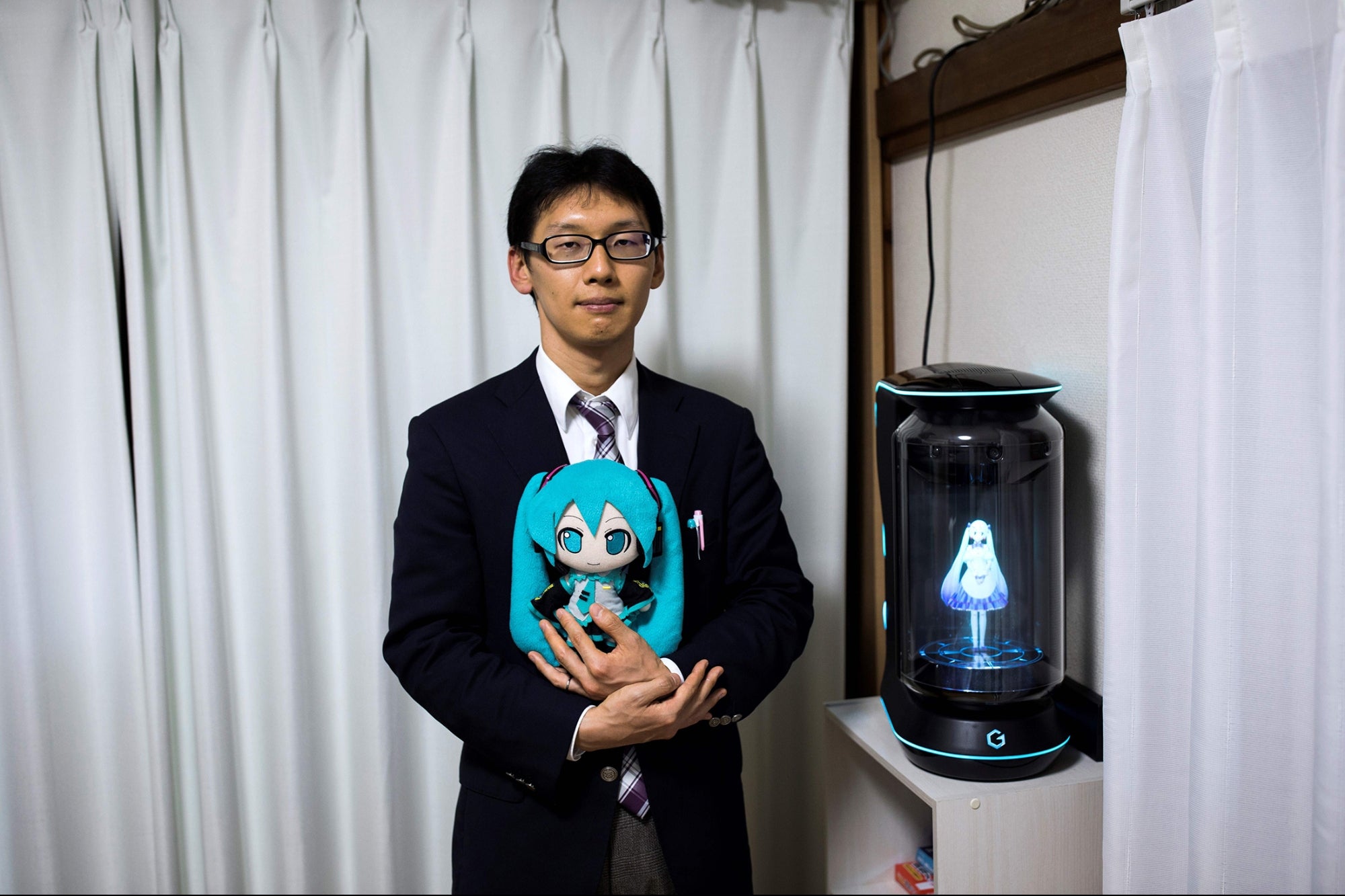From Good To Great: How The Flywheel Can Be Your Company's Next Big Thing We examine the flywheel concept of strategic management that characterizes great companies, and look at what differentiates them from the also-rans.
Opinions expressed by Entrepreneur contributors are their own.
You're reading Entrepreneur Middle East, an international franchise of Entrepreneur Media.

There are multiple examples of mediocre companies –unremarkably profitable businesses with modest growth– but only few ever achieve that elusive greatness.
Is there a winning strategy behind truly great companies that can be applied to magically transform any business, and if so, how can you apply it to yours?
Management theories to optimize businesses have been flying around boardrooms for decades– from lean production to disruptive innovation, leaders have been trying to replicate the strategies behind every great company's success.
Here we examine the flywheel concept of strategic management that characterizes great companies, and look at what differentiates them from the also-rans.
The flywheel and the hedgehog
First presented as part of the "flywheel concept" in Jim Collins' 2001 bestseller Good to Great, the hedgehog concept has its roots in an ancient Greek parable. The essence of the tale is that the fox may know many things, but the hedgehog knows one big thing. Leaders of great companies are considered hedgehogs.
The hedgehog concept captures in a nutshell the difference between good and great organizations. Most importantly, remember it is not a strategy to become great– it is a deeper understanding of what you can be the very best at.
What does this mean for you? Transformations from good to great arise through well executed, cumulative decisions taken over time. For that to happen, you need an in-depth understanding of the critical point at which three crucial circles intersect. In other words, like the hedgehog concept, the "one big thing" that you need to understand sits within that intersection.
Therefore, ask yourself these three questions:
1. What are you enduringly passionate about?
2. What can you be the best at in the world?
3. What best drives your economic or resource engine?
Related: "How Do I Approach Businesses In Dubai?" Answers To The Most-Asked Questions By New Members Of Dubai Startup Hub
Good decisions are made through understanding exactly what that intersection means, and through applying the concept to every decision you take.
First, only through passion can companies produce results that exceed expectations.
Second, good-to-great companies understand that doing what they are good at only makes them good, while focusing on what they can do better than anybody else is the only route to greatness.
Finally, to understand what drives your economic engine, it is important to know the "economic denominator." As Collins points out in his book, your search for your economic denominator is an attempt to put your finger on the way your economics works. Not the way you want it to work, but the way it actually does work. After all, as Collins highlights, E=mc2 does not reflect the way Einstein wanted the universe to be; rather, it is a formula that reflects the scientist's discovery that mass and energy are interchangeable.
With that penetrating understanding, you can begin to gain better insights into the economics of your own organization.
The flywheel framework
The good-to-great framework has three components: process, phases, and flywheel.
1. The process Encompassing the stages from build-up through to greatness, the process helps achieve the ultimate breakthrough that raises your company from also-ran to great.
2. The phases Each phase applies at a specific stage of the process, and comprises:
a. disciplined people: the right leaders and the right team
b. disciplined thought: a deep understanding of the facts and core values
c. disciplined action: establishing a culture with the right people through leveraging well-defined core values based on an understanding of the "one big thing," knowing what you can be the best at.
3. The flywheel This is a deliberate process of establishing what needs to be done for the best results. Each step must be taken methodically, increasing the momentum of the flywheel incrementally but consistently, until your company achieves breakthrough and transformation.
As the author points out, everyone is looking for the "next big thing," whether it is a disruptive business model, or the killer application of a particular technology. But if you get the flywheel process and architecture right, the next big thing is, in fact, the flywheel itself.
In other words, it is a continuous process of disciplined improvement that will ensure a real transformation. Grasp that, and it can catapult your company to greatness.
Real-world examples
How does the flywheel theory apply to the real world? Let us look at e-commerce giant Amazon and understand how it established the flywheel concept to achieve greatness.
Lower prices drove increased customer visits, which attracted third-party sellers. This, in turn, further expanded its range and distribution. Crucially, this was a result of decisions taken within a framework of being the best at what it was doing during the build-up stage. These actions resulted in increased revenue, allowing Amazon to lower prices on more products, and to restart the "virtuous circle."
Related: E-Commerce Sales In Dubai To Rise To AED100 Billion By 2022
Through sticking to its flywheel and understanding its enduring passion –customer obsession– Amazon created a "customer-value compounding machine." Subsequently, it applied and enhanced the momentum of its powerful ecommerce site to include a cloud computing business, Amazon Web Services.
IMAGE CAPTION: Amazon's flywheel model is centered around value pricing. The lower and more competitive the prices are, the more appealing the products are to prospective customers, propelling more third-party sellers and brands to want to sell on the marketplace. This influx of stakeholders increases Amazon's vast and diverse product selection — which acts as a key differentiator in competitive marketplaces — and continues to drive down costs, further fostering increased customer engagement and conversion. Source : https://feedvisor.com/resources/amazon-trends/amazon-flywheel-explained/
In contrast, if we look at an organization that has tried to effect change without discipline, we can see how easy it is for the also-rans to enter what Jim Collins calls the "doom loop."
In the 1980s people were comparing Warner-Lambert Co. with Gillette. However, unfortunately for the company, a succession of CEOs lacked the disciplined thought to establish what it could be best at.
From dealing in consumer products, it turned its attention to healthcare one year later. In short order, it altered course again to concentrate on consumer goods, before returning to healthcare, and then reverting in the 1990s to consumer goods. Each change of CEO and each major restructuring program halted the momentum of its predecessor. In 2000, at the bottom of its doom spiral, it was swallowed by Pfizer.
Happier examples of change with discipline seem to prove this point. Apple avoided decline through extending its flywheel momentum, moving from PCs to MP3 players and smartphones by relying on its passion: to make the best products in the market. Aerospace giant Boeing –its core value being engineering excellence– accelerated its momentum through applying to commercial passenger jets the same passion it had applied to military aircraft and systems.
Mastering the next big thing
Through a continuous process of improvement, the discipline of your team will lead them to push the flywheel still further. People in real-world companies want to be part of a winning organization. And the point at which they begin to feel momentum building, is when change can happen.
Related: Want To Launch Your Startup In Just A Week? Here's How You Can Do Just That In Dubai












